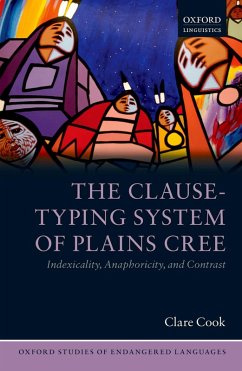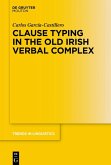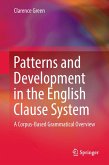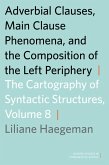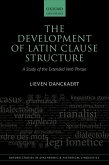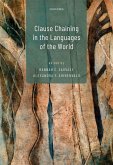This book offers detailed empirical coverage of the syntax and semantics of Plains Cree, an Algonquian language of western Canada. It combines careful elicitation with corpus studies to provide the first systematic investigation of the two distinct verbal inflectional paradigms - independent and conjunct - in the language. The book argues that the independent order denotes an indexical clause type with familiar deictic properties, while the conjunct order is an anaphoric clause type whose reference is determined by rules of anaphoric dependence. Both syntactic and semantic considerations are examined: on the syntactic side, indexical clauses are shown to be restricted to a subset of matrix environments, and to exclude proforms that have clause-external antecedents or induce cross-clausal dependencies. Anaphoric clauses have an elsewhere distribution: they occur in both matrix and dependent contexts, and freely host and participate in cross-clausal dependencies. The semantic discussion focusses primarily on the context in which a proposition is evaluated: it shows that indexical clauses have absolute tense and a speaker origo, consistent with deixis on a speech act; anaphoric clauses, by contrast, use anaphoric dependencies to establish the evaluation context. Data from Plains Cree is compared to the matrix/subordinate system found in English, to the clause-chaining system of the Amele language of Papua New Guinea, and to Romance subjunctive clauses. The book also provides the first micro-typology of pronominal marking and initial change in Algonquian languages.
Dieser Download kann aus rechtlichen Gründen nur mit Rechnungsadresse in A, B, BG, CY, CZ, D, DK, EW, E, FIN, F, GR, HR, H, IRL, I, LT, L, LR, M, NL, PL, P, R, S, SLO, SK ausgeliefert werden.

